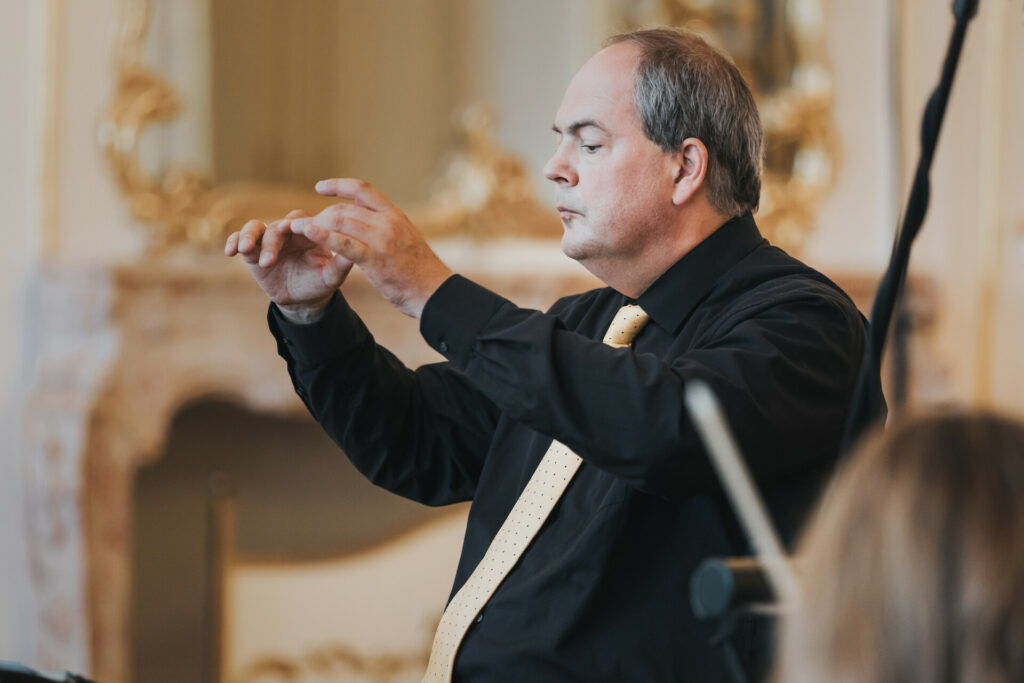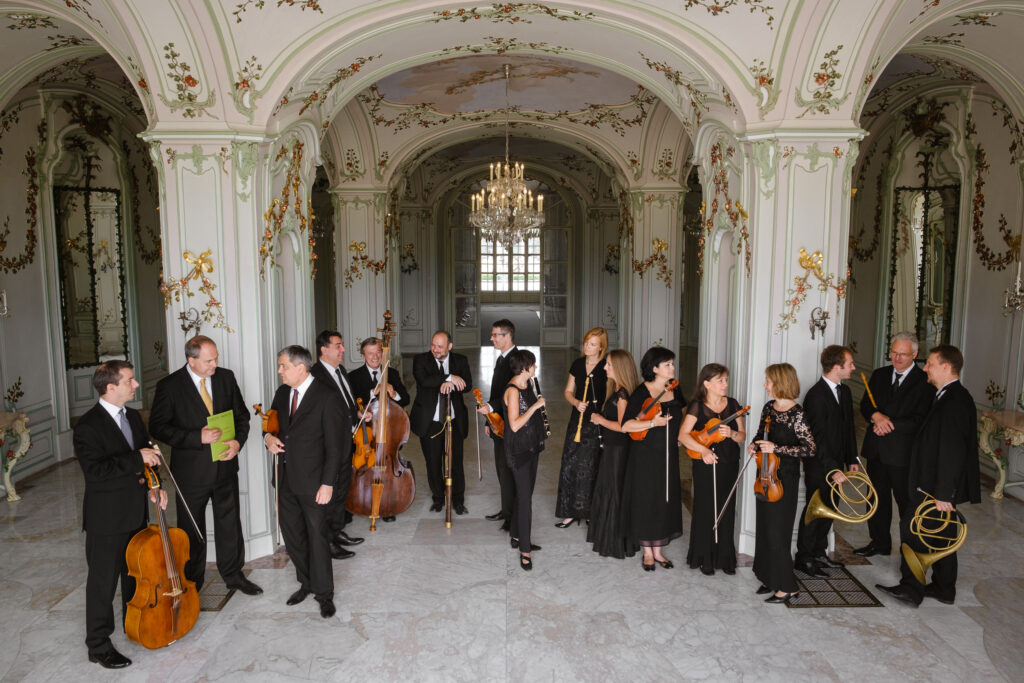Armida, a beautiful sorceress, seduces Christian knights during the First Crusade to change and destroy them. As an ethereal embodiment of the enthralling yet unholy powers of the heathen Saracens, she singles out the most virtuous and most prominent knight, Rinaldo, but her plans fall apart when the witch falls deeply in love with the warrior she has enchanted into her obedient subject and thus fails to kill him, eventually becoming a victim of her own destructive passion.
The story originates from Jerusalem Delivered by Torquato Tasso; however, it has been adapted into several opera librettos of various shapes and forms over the centuries. After all, it is difficult to imagine a more perfect dramatic situation than the one presented to us in this storyline of the grand renaissance epic through a clash of virtue and sinfulness, the incompatibility of duty, emotions, willpower, and fate, as well as a parable about sense of mission, lust for power, conquest, and submission. Accordingly, the well-known exemplum caught the attention of quite a few composers from Lully through Händel (who achieved his first great success in London with his adaptation titled Rinaldo), Vivaldi, Gluckon, and Rossini, all the way to Dvořák; as a matter of fact, the story served as inspiration even for Brahms and Wagner. The former composed a cantata based on the tale, while in the case of the latter, Kundry in Parsifal evokes Armida’s character.
Haydn’s Armida premiered in Eszterháza in February 1784 and became one of the most frequently played pieces in the prince’s opera house over the following years.











